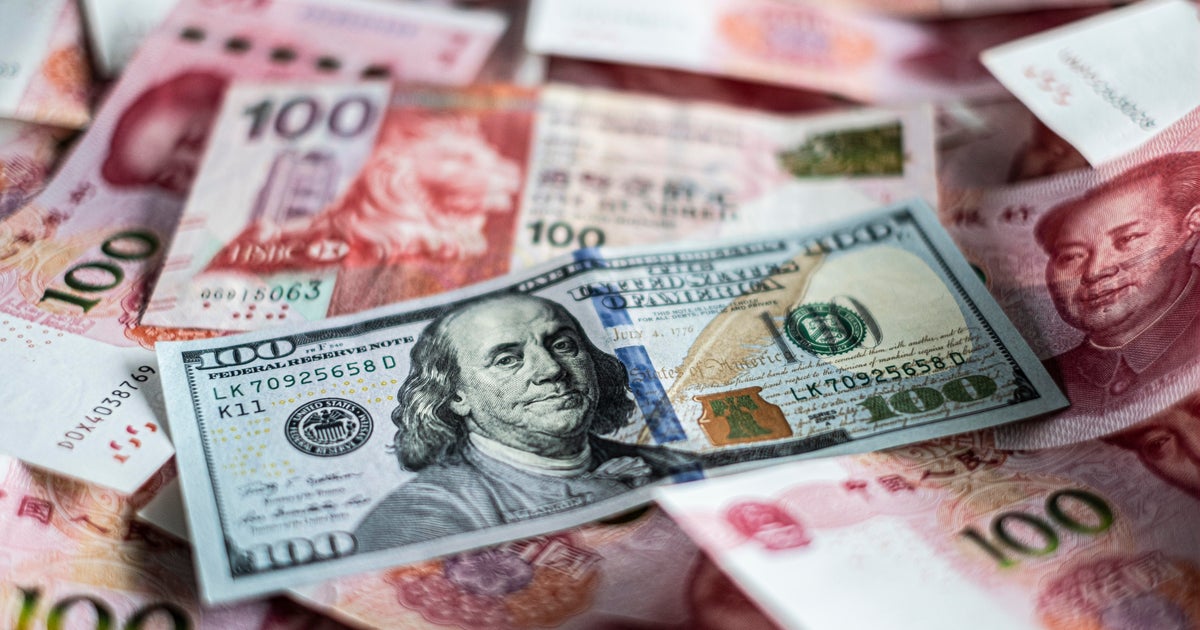
What are the risks of a U.S.-China trade war, and can conflict be averted?
CBSN
The quick-fire volley of tariffs between the U.S. and China in recent days has heightened global fears of a new trade war between the world's two largest economies. Yet while experts think the battle is likely to escalate, they also say the early skirmishes offer hope for an agreement on trade and other key issues that could head off a larger conflict.
After the Trump administration's additional 10% levy on Chinese imports took effect Tuesday, China announced a 15% tariff on U.S. coal and liquified natural gas, along with a 10% tariff on crude oil, agricultural machinery and some cars, that is set to kick in Feb. 10. China also put limits on exports of vital minerals used in high-tech products; opened an antitrust probe into Google; and placed two American companies on an "unreliable entities" list — PVH Group, which owns Calvin Klein and Tommy Hilfiger, and Illumina, a biotechnology company with offices in China.
Notably, however, the U.S. opted to hit China with a relatively modest tariff, rather than levies of up to 60%, as President Trump had previously threatened. For its part, Beijing also pulled its punches by targeting less vital U.S. sectors, leaving the door open for the sides to reach a deal.

An Immigration and Customs Enforcement officer provided new details about the Trump administration's deportation flights of alleged gang members, but continued to argue the government had a right to reject a judge's order directing the planes to return to the U.S., even if they were already in the air.












